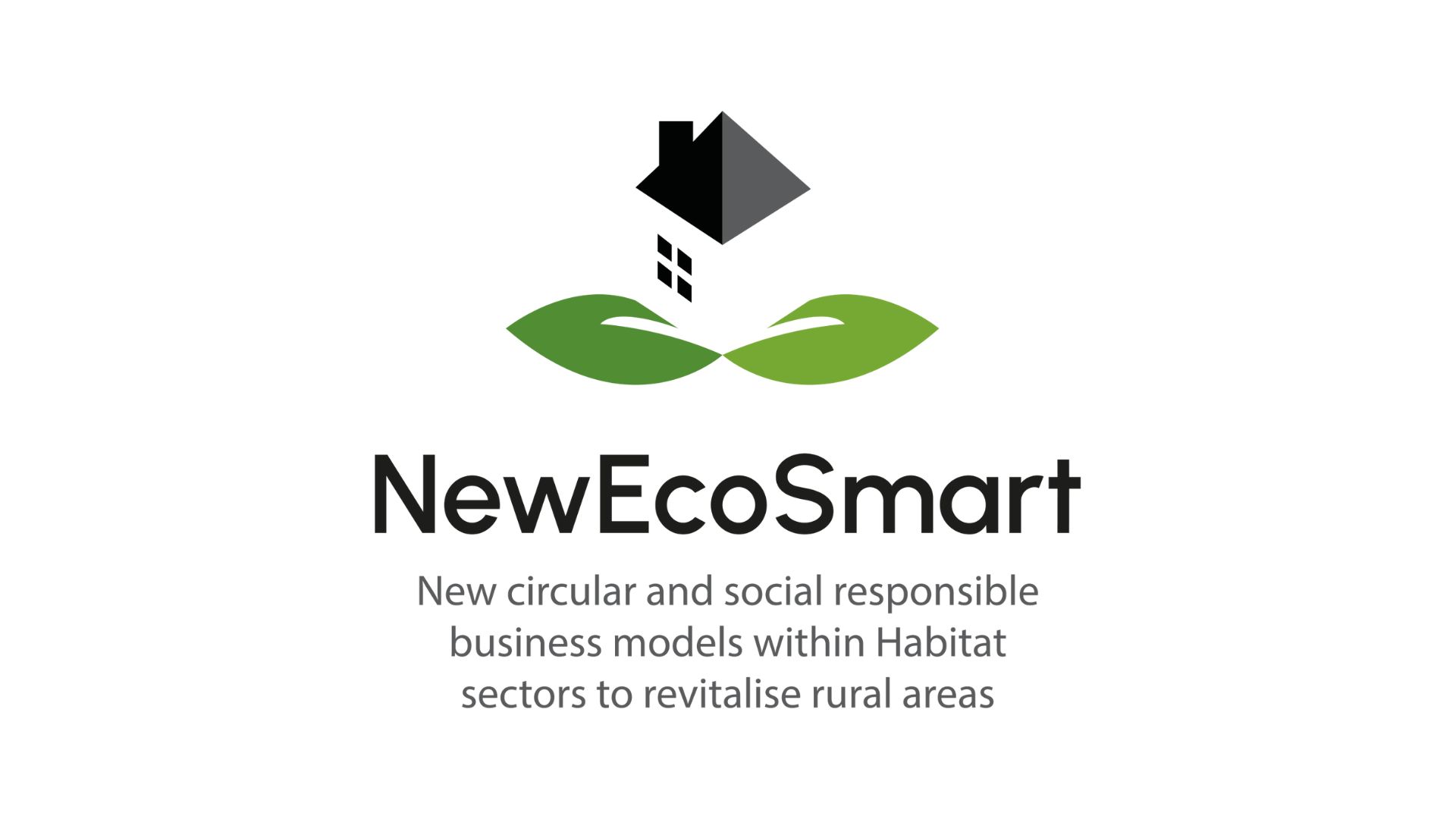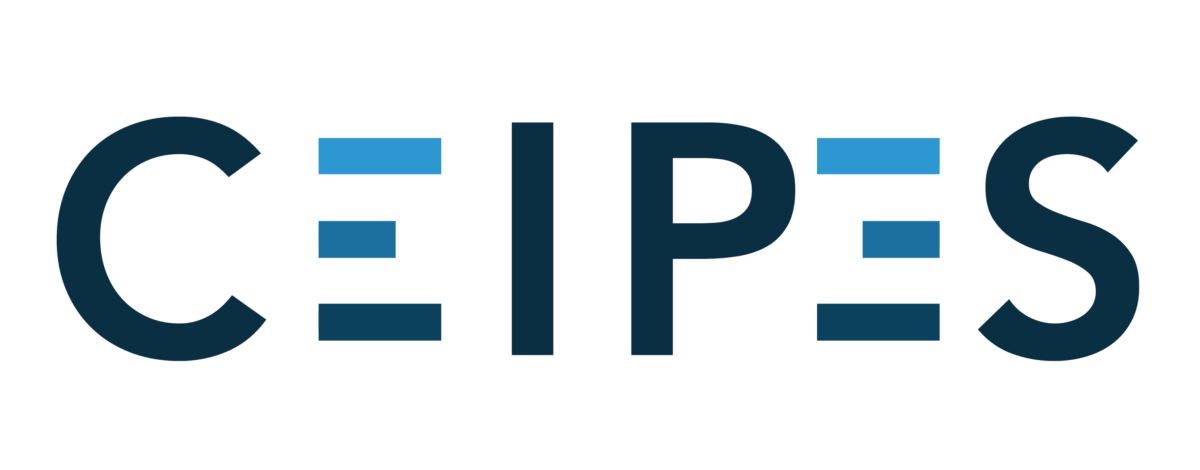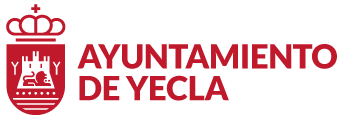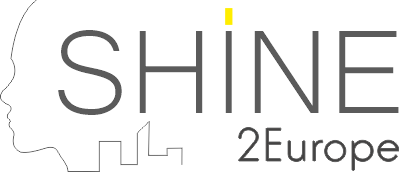
NewEcoSmart
Project Number: 101102499
Timespan of the Project: 08/2023 - 08/2025
Project E-mail: info@ceipes.org
Financial Program: European Social Fund + (ESF)
Objectives
The main objective of NewEcoSmart is to design and develop an inclusive social innovation approach to re-/up-skill adults above 45 years old from rural areas for adjusting to the green and digital transition in their existing jobs or to find new ones in the Habitat-related sectors, while also promoting social entrepreneurial skills and mindset that enable the adoption of new processes of production and/or consumption aligned with circular and socially responsible business models.
Specific objective
- SO1: To identify and address the green, digital, and entrepreneurial skills and training needs of 45+ adults, SMEs and micro firms, through co-design, social innovation methods and skills mapping.
- SO2: To build-up and deploy a digital transformation toolkit for social economy actors to uptake of social innovation, approaches that address the twin digital and green transition.
- SO3: To test and validate the NewEcoSmart approach in three sites to prove that the pilots foster the inclusiveness and fairness of the twin green and digital transition, and that they are widely applicable in different cultural settings and institutional environments.
- SO4: To extend the NES Ecosystem involving new stakeholders and their social innovation approaches in the different project communities through the launch of an open call for supporting local initiatives and assessing the possibility to use the results in other countries.
- SO5: To widely share, disseminate and exploit the progress and outcomes of the project with a broad audience of stakeholders. The dissemination and outreach activities will ensure the greatest potential implementation of the approach after the end of the project, and that the findings and results can be built upon after the end of the project, fostering social acceptance and behavioral changes for closing the loop of those linear business models that the Habitat sectors bring.
Activities
To achieve its objectives, NewEcoSmart will walk through a 6-step pathway:
- Creation of the NES communities.
- Co-production of the intervention plan.
- Digital toolbox design/Setting-up transformative tools: digital, training, capacity building.
- Social experiments in 3 countries where the NES communities will test and validate the proposed approach, along with the transformation tools will aim to assess if the participants are empowered to apply circular economy principles in their contexts, ecosystems and communities and can deliver solutions in real life focusing on social innovation and entrepreneurship.
- Ecosystem Evolution and Scale-up
- New governance and sustainability toolbox.
Results
The project has yielded the following results:
- Creation of 3 NES communities (local or regional ecosystems in the 3 pilot rural regions involved, including citizens, public authorities, businesses, NGOs, research and any other relevant stakeholders)
- Participants will identify key challenges and the needed transition measures, ranging from the transformative tools to the running of pilots, new policies and business models to test.
- Toolkit built-up and available.
- Priority roadmap designed based on participants assessment.
- Digital up-reskilling tools up and running.
- Study protocol at local and national levels
- Final report and scientific paper
- Planning of the online NESHack event
- Open call at EU level
- Bank of ideas and potential solutions
- NES communication plan with strategies to follow different communities
- Press releases, project newsletters, attendance to events, roundtables
- NES webpage that will be continuously updated with latest news Final international dissemination and sustainability event will be held







Funded by the European Union. Views and opinions expressed are however those of the author(s) only and do not necessarily reflect those of the European Union or the European Education and Culture Executive Agency (EACEA). Neither the European Union nor EACEA can be held responsible for them.

